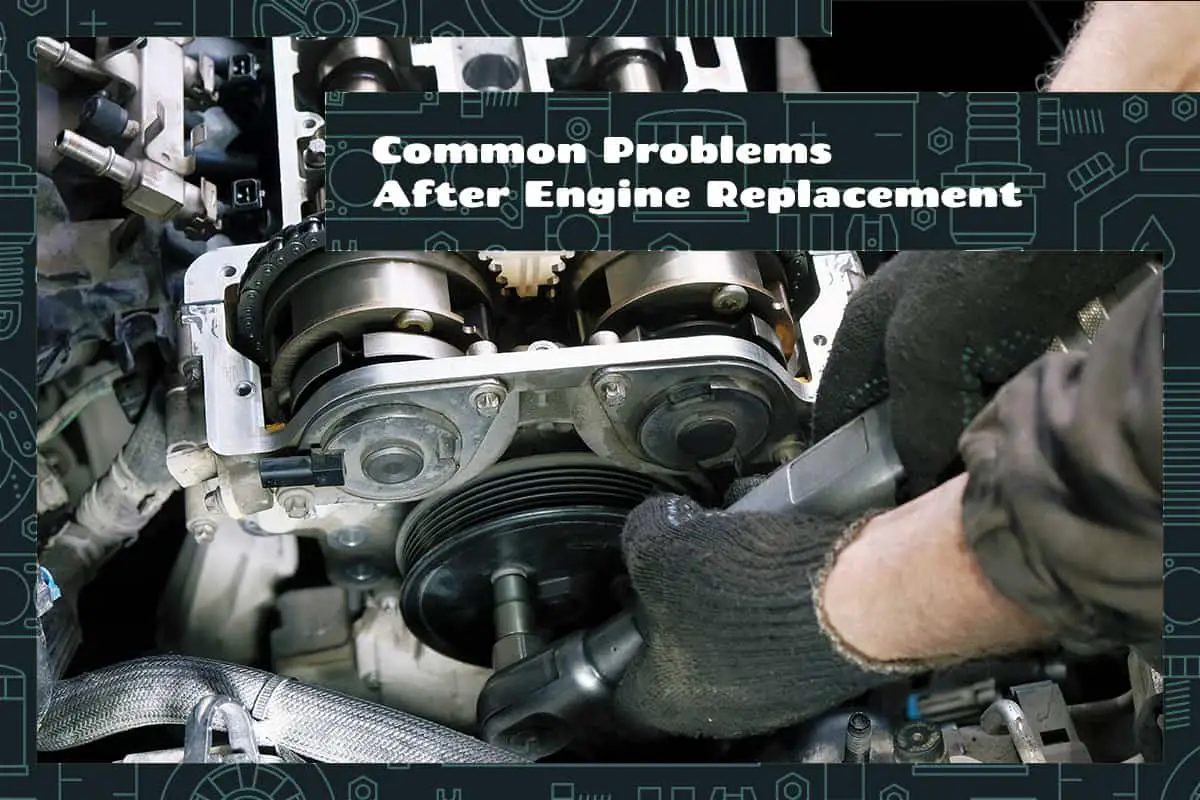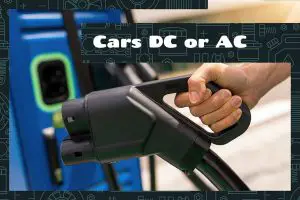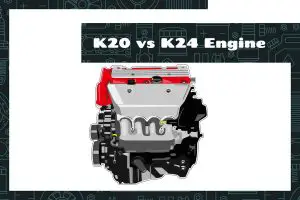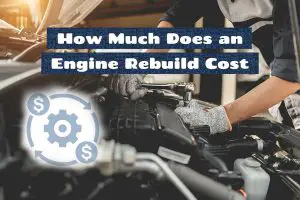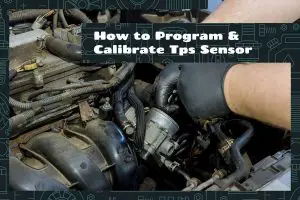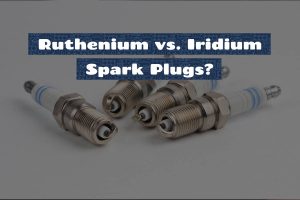Engine replacements, while an essential part of vehicle upkeep, can often lead to unexpected complications. This complex procedure breathes new life into your car, offering a more cost-effective alternative to buying a brand new vehicle. However, like any significant operation, it may come with its own share of challenges.
Common issues that often arise after an engine replacement include engine not starting, strange noises, oil leakage, overheating, power loss, ‘check engine’ light turning on, poor fuel economy, engine misfires, and rough idling.
In this guide, we will explore these potential problems in detail, delve into their root causes, and propose effective solutions.
Why Would You Replace Your Engine?
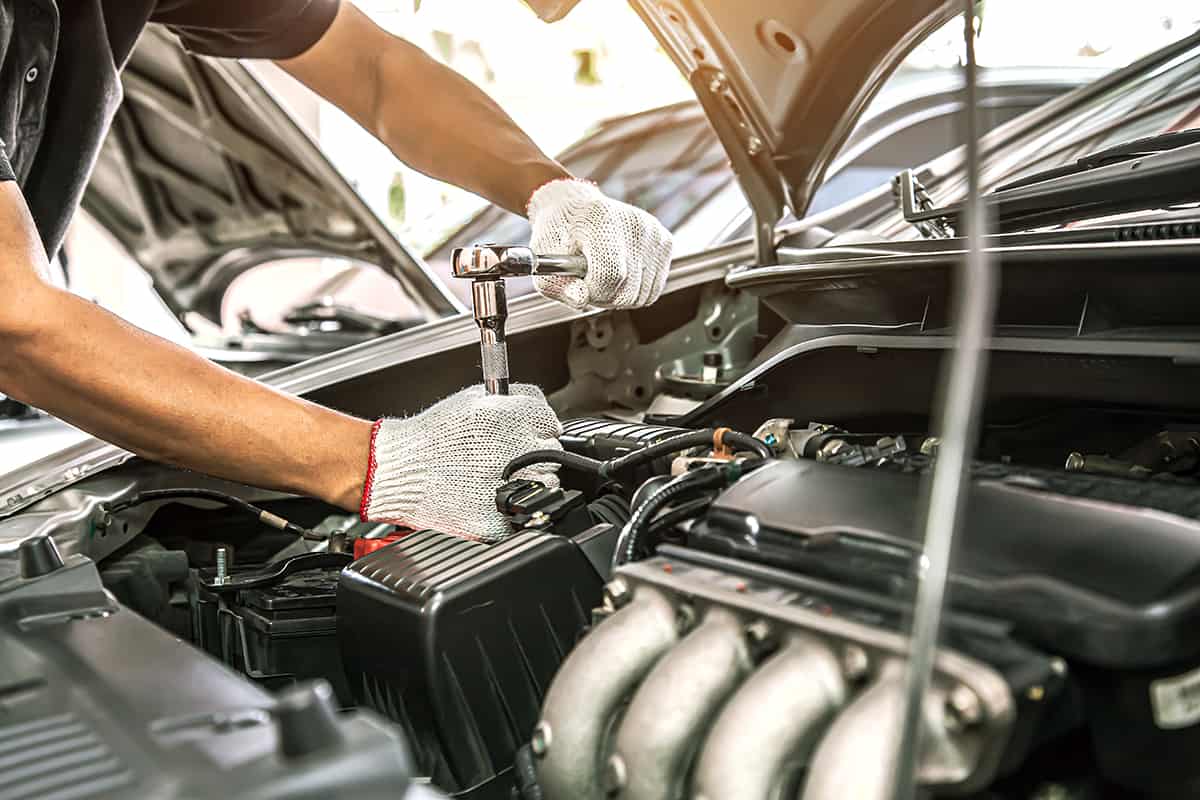
A vehicle’s engine is akin to its heart, providing the power required for it to run. Over time, engines wear down, performance diminishes, and problems arise that can be costly to fix. Replacing the engine can often be a more economically sound decision than buying a new car, especially when the rest of your vehicle is in good condition.
1. High Mileage
As a rule of thumb, engines with more than 200,000 miles have an increased risk of failure. The wear and tear of driving that distance takes its toll, leading to decreased performance and fuel economy, and increased emissions. Replacing your engine can rejuvenate your car, providing a fresh start for your vehicle’s most vital component.
2. Frequent and Costly Repairs
Constant repairs not only drain your wallet but also indicate that your engine might be on its last legs. Continually fixing problem after problem can eventually cost more than a full engine replacement.
3. Severe Engine Damage
Sometimes, accidents happen. Whether it’s overheating, a blown head gasket, a cracked block, or a seized engine, severe engine damage can make repair efforts futile. In these cases, replacing the engine can be the most feasible solution to get your vehicle back on the road.
4. Improving Vehicle Performance
You might opt for an engine replacement to enhance your vehicle’s performance. By upgrading to a more powerful engine, you can increase horsepower, improve torque, and enhance fuel efficiency. This option is particularly popular among car enthusiasts and those seeking better towing capacity.
5. Resale Value
Replacing the engine can also boost your car’s resale value. A vehicle with a new engine will often command a higher price than one with a high-mileage engine. This strategy is especially helpful for those planning to sell their car in the future.
Potential Issues and Root Causes After Engine Replacement
Even though engine replacements are meant to provide a new lease of life to your vehicle, sometimes problems arise afterward. Here’s a list of common problems that could occur after replacing your vehicle’s engine:
- Engine Will Not Start: The most alarming issue you might encounter is the new engine refusing to start. This could be due to incorrect installation, poor electrical connections, a faulty starter, or even the wrong engine type.
- Strange Noises: Your vehicle should run smoothly after an engine replacement. However, if you notice strange noises such as knocking, rattling, or squealing, it might indicate an issue. This could be due to improperly fitted parts, problems with the timing belt, or insufficient lubrication.
- Oil Leakage: Oil leaks after an engine replacement can be a significant issue. They may result from inadequate seals, incorrect oil filter placement, or even damage during installation.
- Overheating Engine: An overheating engine is a serious issue that needs immediate attention. This could result from problems with the cooling system, a faulty thermostat, blocked coolant passages, or even a wrong-sized radiator.
- Power Loss: Your vehicle should perform optimally with a new engine. If you notice a decrease in power or sluggish response, this could indicate an issue. Potential causes could include incorrect engine timing, fuel supply problems, or issues with the exhaust system.
- Check Engine Light Comes On: If the ‘check engine’ light comes on shortly after the engine replacement, it’s a clear indication of an issue. This could be due to a multitude of problems, such as sensor faults, emission system issues, or incorrect engine control module programming.
- Poor Fuel Economy: A decrease in fuel economy after an engine replacement might suggest a problem. Causes can range from incorrect engine tuning, malfunctioning fuel injectors, or even a wrong-sized engine.
- Engine Misfires: Engine misfires can lead to poor performance and damage over time. Misfires can be due to issues with the spark plugs, fuel delivery system, or even incorrect ignition timing.
- Rough Idling: If your vehicle is not running smoothly while idle, it might be due to a problem with the engine replacement. Potential issues could include improper idle speed settings, vacuum leaks, or malfunctioning engine sensors.
Root Causes of Engine Troubles Following Replacement
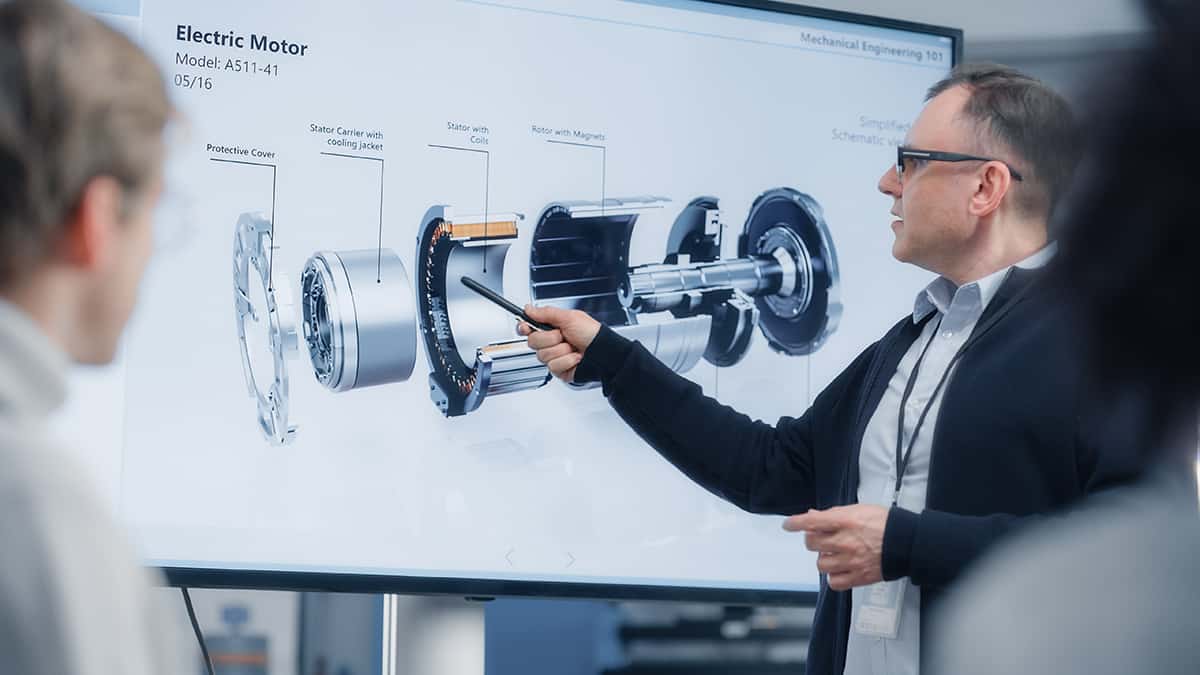
Understanding the root causes of potential issues that arise after engine replacement can help you pinpoint problems quickly and address them effectively. Here’s a deeper look into what might be causing these common engine troubles.
1. Errors in the Installation Process
Engine replacement is a complex procedure that requires precision and attention to detail. If the process isn’t carried out correctly, it can result in several issues. Incorrectly installed parts, poor wiring connections, or even inadequate tightening of bolts and nuts can lead to problems like the engine not starting, strange noises, or oil leakage.
2. Compatibility Issues
Each vehicle model is designed to work with a specific engine type. Using the wrong engine can result in incompatibility issues leading to poor performance, overheating, and other problems.
3. Use of Low-Quality or Wrong Parts
The use of low-quality or wrong parts during engine replacement can cause numerous issues. Substandard parts may fail sooner, leading to poor performance and frequent breakdowns.
4. Inadequate Lubrication
Proper lubrication is essential for the smooth running of an engine. Inadequate lubrication due to low-quality oil, incorrect oil viscosity, or insufficient oil can lead to strange noises, overheating, or even engine failure.
5. Issues with Cooling System
The cooling system plays a vital role in preventing your engine from overheating. Issues such as a faulty water pump, thermostat problems, or blocked coolant passages can lead to overheating, causing severe engine damage.
6. Faulty Wiring or Electrical Components
The electrical system controls various aspects of your engine’s operation. Faulty wiring, malfunctioning sensors, or incorrect engine control module programming can trigger the ‘check engine’ light, cause the engine not to start, or even lead to poor performance.
Solutions to Common Engine Replacement Problems
Despite careful engine replacement, issues might occur. Here, we’ll discuss common solutions to the problems you might encounter after an engine replacement.
1. Dealing with a Non-starting Engine
If the engine doesn’t start after replacement, ensure the battery is properly connected and charged. Check the starter motor and all electrical connections. If the problem persists, you might need professional assistance to diagnose and rectify the issue.
2. Silencing Strange Noises
Noises such as knocking or rattling might indicate improperly fitted parts or insufficient lubrication. Recheck all installed parts for proper fitment and ensure the engine oil is at the recommended level. If the noise persists, a professional mechanic’s inspection might be necessary.
3. Stopping Oil Leaks
Oil leaks might be due to inadequate seals or incorrect oil filter placement. Ensure all seals are correctly fitted, and the oil filter is properly installed. If oil leaks persist, a professional mechanic can pinpoint the leak source and suggest a solution.
4. Cooling an Overheating Engine
An overheating engine requires immediate attention. Check the cooling system for leaks, and ensure the coolant level is adequate, and the radiator is functioning properly. If overheating continues, seek professional help to prevent severe engine damage.
5. Restoring Lost Power
Power loss can result from incorrect engine timing or fuel supply problems. Check the timing settings and inspect the fuel supply system for any blockages. A professional mechanic might need to adjust the engine timing or clean the fuel system.
6. Addressing a Check Engine Light
If the ‘check engine’ light comes on, use an OBD-II scanner to read the error code. This will help identify the problem, which could be a sensor fault or an emissions system issue. Depending on the error code, a mechanic might need to replace the faulty sensor or rectify the emissions system.
7. Improving Poor Fuel Economy
Poor fuel economy can be due to incorrect engine tuning or malfunctioning fuel injectors. Check the engine tuning and ensure the fuel injectors are clean and functioning properly. A mechanic can help with tuning the engine and cleaning or replacing the fuel injectors if necessary.
8. Fixing Engine Misfires
Engine misfires can result from issues with spark plugs or the fuel delivery system. Check the condition of the spark plugs and ensure the fuel delivery system is working correctly. If misfires persist, consider consulting a mechanic.
9. Smoothing Rough Idling
Rough idling might be due to improper idle speed settings or vacuum leaks. Check the idle speed settings and inspect for vacuum leaks. If the issue continues, a mechanic might need to adjust the idle speed settings or fix the vacuum leaks.
